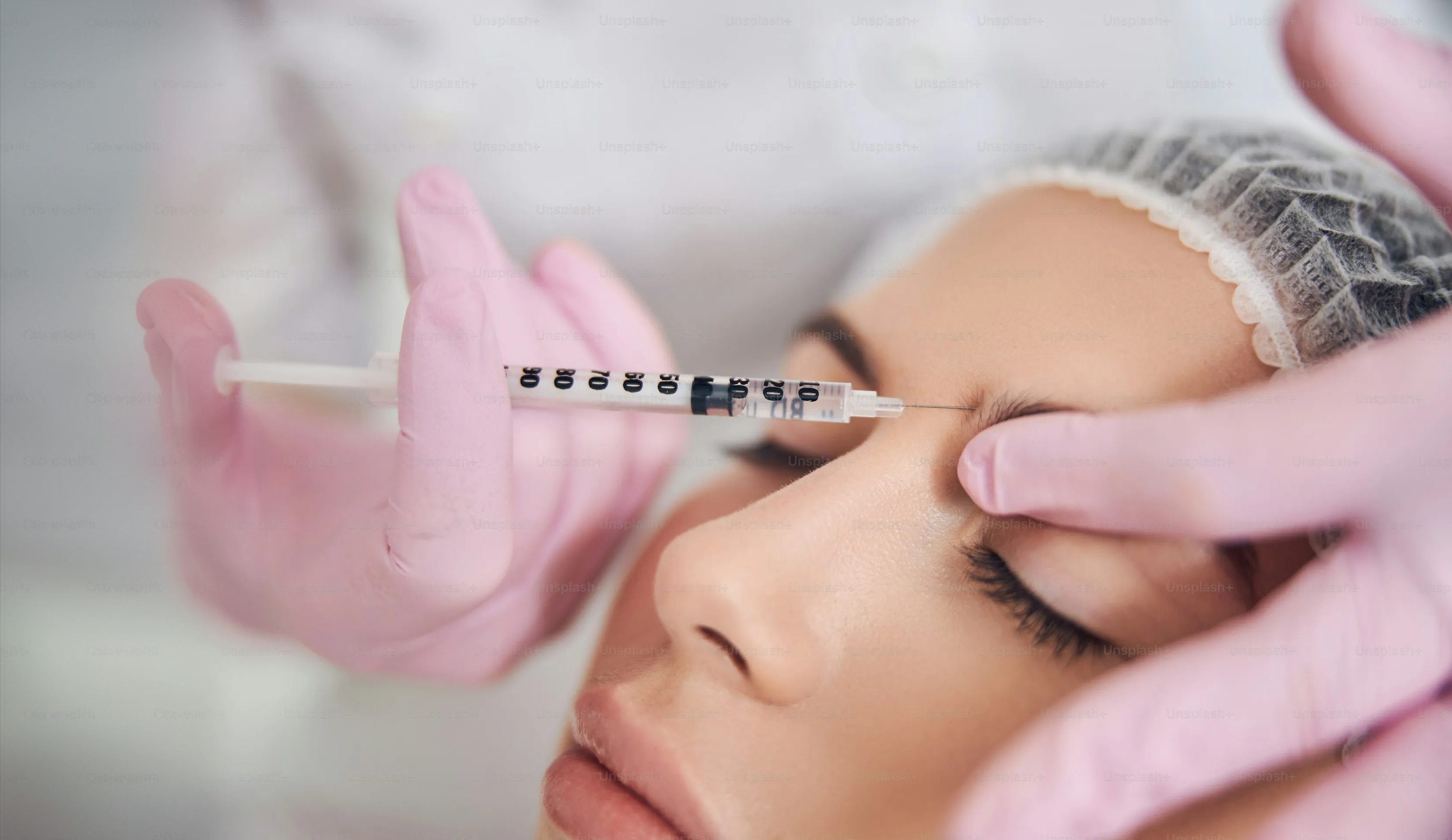Open Pores
Refine Your Skin Texture and Minimize Enlarged Pores

What are Open Pores?
Open pores are enlarged skin openings that appear primarily on the face—especially the nose, cheeks, and forehead. While pores are essential for oil and sweat release, they become more noticeable due to excess oil production, ageing, sun damage, or loss of skin elasticity. Though not a medical concern, open pores can affect skin appearance and texture.

Why Dermatological Care is Effective
Treatment Options for Acne

Laser Treatment
Advanced laser therapy for precise skin treatment and rejuvenation with minimal downtime and maximum results.

Chemical Peels
Professional chemical peel treatments to exfoliate and revitalize your skin for a fresh, youthful appearance.

Topical Medications
Prescription-grade topical solutions customized for your specific skin condition and treatment needs.

Who is Prone to Open Pores?
Individuals with oily or combination skin, a history of acne, excessive sun exposure, or natural ageing are more prone to open pores. Genetics also plays a role. Early skincare and sun protection can help prevent visible pore enlargement.
Treatment Journey
01
Consultation & Skin Analysis
Pore size, skin texture, and oil levels are assessed to determine suitable treatments.
02
Active Treatment Sessions
Laser, microneedling, or peels are done to resurface and tighten the skin.
03
Product Routine Planning
Skincare is recommended with ingredients like niacinamide, retinoids, or AHAs.
04
Maintenance & Review
Ongoing care helps maintain results and prevent future pore enlargement.

Results & Texture Improvement
Skin appears smoother and pores less visible after 2–3 sessions.
Less oil buildup and clearer skin with consistent care.
Visible improvement sustained with proper skincare and sun protection.
Got Questions?We've Got Answers
Everything you need to know about donating, eligibility, and how The Blood App works. Can't find the answer you're looking for? Chat with our support team — we're here to help.
No, pores can’t be closed, but they can be minimized in appearance through collagen-stimulating treatments and skincare.
Makeup alone doesn’t cause open pores, but not removing it properly can clog pores and worsen their visibility.
Niacinamide, salicylic acid, retinol, AHAs, and peptides are proven to improve pore appearance.
Usually, 2–4 sessions spaced a few weeks apart show significant improvement in skin texture and pore size.
Yes, when customized by a dermatologist, these treatments are safe for all skin types with minimal downtime.

Start Your Personalized Skincare Plan
At ClairéDerma, we believe that healthy, radiant skinis the foundation of confidence and well-being. Ledby Dr. Mohna Chauhan, our clinic offers personalized dermatological care tailored to each patient's unique needs. With over a decade ofexperience and more than 3000 successfully treated patients,